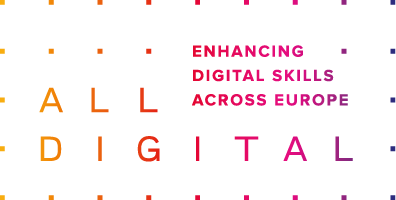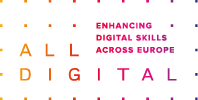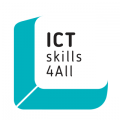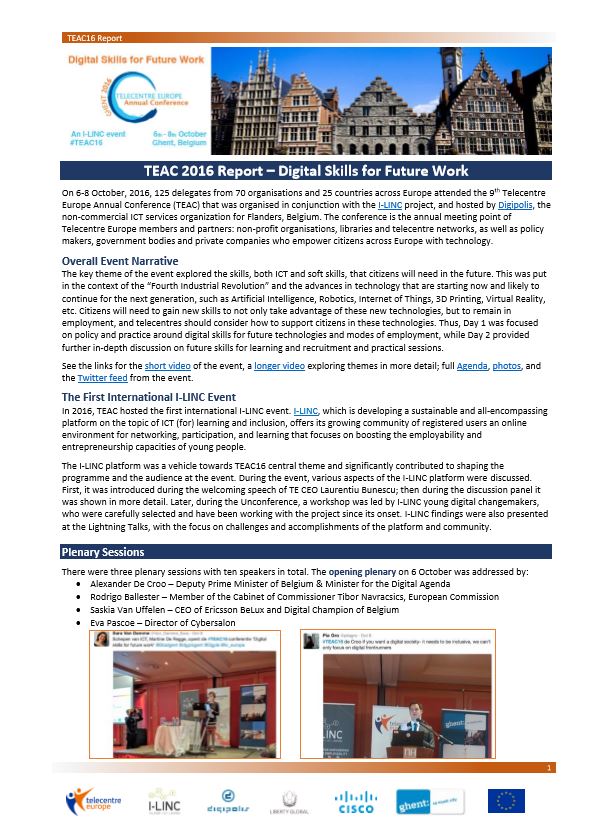04 Sep Trans e-Scouts: How the elderly and youth learn digital skills from one another
04 Sep, 2015
The challenges of aging society and youth unemployment are ever more evident. In addition to this, the knowledge society requires constantly changing digital skills from both young and old in their lives and work. How can we address these societal changes and don’t leave anyone behind with technology?
 A European project Trans e-Scouts will hold its final conference in Vilnius on 11th of September 2015 to answer these and similar questions. A number of European Commission’s delegates as well as Lithuanian government representatives working in the area of youth employment and digital agenda will be present at the conference. Discussions will focus around digital divide in Europe, the situation of youth unemployment in the hosting country, mentoring as a means of lifelong learning between seniors and youth. The project results in Lithuania, Latvia and Croatia will be shared as well.
A European project Trans e-Scouts will hold its final conference in Vilnius on 11th of September 2015 to answer these and similar questions. A number of European Commission’s delegates as well as Lithuanian government representatives working in the area of youth employment and digital agenda will be present at the conference. Discussions will focus around digital divide in Europe, the situation of youth unemployment in the hosting country, mentoring as a means of lifelong learning between seniors and youth. The project results in Lithuania, Latvia and Croatia will be shared as well.
The second part of the event will invite participants to two round-table discussions. One group will address young people’s personal and social competencies for future jobs and how to strengthen digital competencies for seniors. The second group will tackle the topic of community based ICT learning resources for social inclusion and employability.

Trans e-Scouts puts the emphasis on facilitating socio-digital inclusion between the two – young and older – generations in local communities while staff at telecentres, known as e-Facilitators, are trained to play a major role bringing the two groups for this inter-generational dialogue. The notion of inter-generational learning in practice means that young people teach their senior peers how to use ICT while the elderly supports youth in giving advice and sharing their knowledge about the labour market and common challenges of adulthood. A win-win-win that is worth a discussion.








